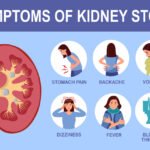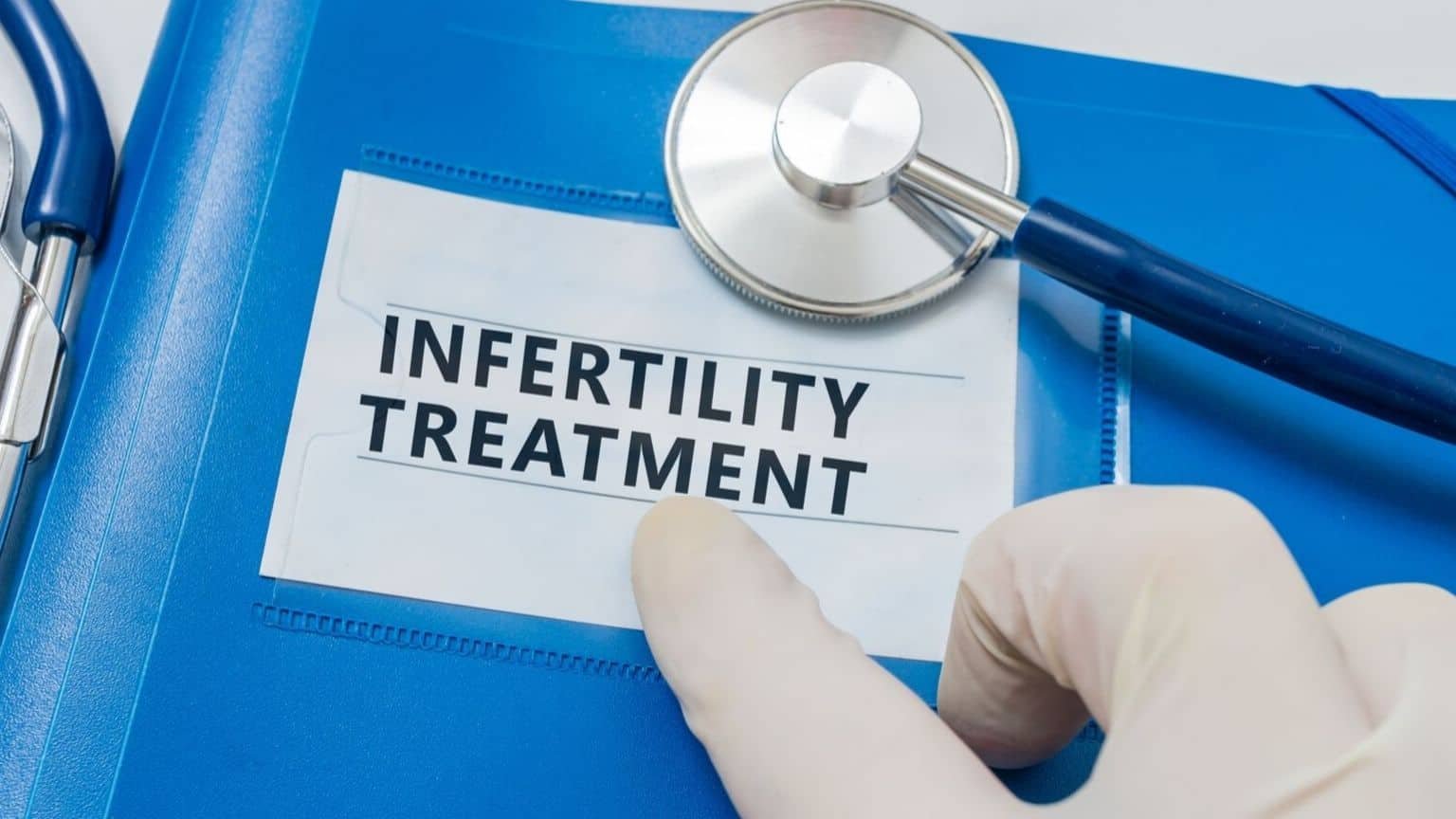Male fertility is influenced by various lifestyle factors, and understanding how these choices impact reproductive health is crucial for those trying to conceive. Diet, exercise, stress, and exposure to harmful substances can all affect sperm quality, quantity, and overall fertility. Here’s how lifestyle choices play a role and what you can do to improve your reproductive health.
Diet and Nutrition
A balanced diet rich in vitamins, minerals, and antioxidants is essential for healthy sperm production. Nutrients like zinc, selenium, and folate enhance sperm quality and motility, while antioxidants reduce oxidative stress that damages sperm cells. Foods to include:
- Leafy greens and fruits for vitamin C and folate.
- Nuts, seeds, and seafood for zinc and selenium.
- Whole grains and lean proteins for overall health.
Avoid excessive processed foods, trans fats, and sugary drinks, which can impair hormonal balance and sperm production.
Explore Online Entertainment in Australia
While you’re exploring the latest advancements and networking opportunities in the field of urology at Urology Conferences, you might also find interest in discovering online entertainment options. For comprehensive reviews and recommendations on platforms available to players in Australia, you can explore gambling360 australia. Find reputable sites offering a wide variety of engaging games and secure entertainment for your leisure time here in Harare on this pleasant Monday afternoon.
Exercise and Physical Activity
Regular exercise improves blood flow and hormone regulation, benefiting fertility. However, intense physical activity or prolonged cycling can increase testicular heat, negatively affecting sperm quality. Aim for moderate exercise, such as jogging or swimming, to maintain a healthy weight and support reproductive health.
Weight Management
Obesity disrupts hormonal balance, leading to lower testosterone levels and poor sperm production. Excess fat tissue can also produce estrogen, further impairing fertility. Maintaining a healthy weight through diet and exercise is critical for optimal reproductive function.
Digital Access and Engagement in Healthcare and Beyond
In the evolving landscape of healthcare education, staying connected to current resources is vital for professionals and researchers alike. Digital platforms not only enhance knowledge sharing but also provide recreational opportunities to maintain a balanced lifestyle. For instance, platforms offering the latest no deposit bonus can serve as trusted avenues for relaxation during downtime. Embracing both professional development and mindful leisure supports overall well-being.
Advancing Urology Knowledge and Engagement
UrologyConferences provides the latest updates and insights for medical professionals in the field of urology. Attendees can stay informed on innovations and best practices while enjoying moments of relaxation on jokacasino VIP Login. The platform combines professional growth with leisure, ensuring a balanced experience. Explore cutting-edge research and interactive entertainment in one seamless journey.
Stress and Mental Health
Chronic stress raises cortisol levels, which interfere with testosterone production and reduce sperm quality. Stress management techniques, such as mindfulness, yoga, or counseling, can help maintain hormonal balance and improve fertility outcomes.
Substance Use
- Smoking: Tobacco reduces sperm count and motility while increasing abnormal sperm forms. Quitting smoking significantly improves sperm health.
- Alcohol: Excessive alcohol consumption lowers testosterone and sperm production. Limit intake to moderate levels for better fertility.
- Drugs: Recreational drug use, including marijuana and anabolic steroids, severely impacts sperm production and overall fertility.
Environmental Toxins
Exposure to pesticides, heavy metals, and industrial chemicals can impair sperm quality. Minimize contact with these toxins by using protective gear, opting for organic produce, and avoiding unnecessary chemical exposure.
Temperature and Fertility
Excessive heat in the scrotal area, caused by tight clothing, saunas, or prolonged laptop use, can damage sperm. Opt for loose clothing and avoid prolonged heat exposure to support sperm health.
Positive Lifestyle Adjustments
- Stay Hydrated: Adequate water intake supports sperm volume and mobility.
- Prioritize Sleep: Quality sleep improves testosterone production and overall health.
- Take Supplements: Consider supplements with antioxidants, zinc, and folic acid if dietary intake is insufficient.
Exclusive Invite Rewards
Unlock exciting online gaming opportunities with exclusive bonuses and offers. Casino Wolf Winner invite offer enhances your gameplay and winning potential. Enjoy immersive challenges and generous rewards designed for every player. Start now and see what you can achieve!
Conclusion
Healthy lifestyle choices play a pivotal role in male fertility. By adopting balanced habits, managing stress, and avoiding harmful substances, men can significantly improve their reproductive health. Simple changes today can have a lasting impact on fertility and overall well-being.









